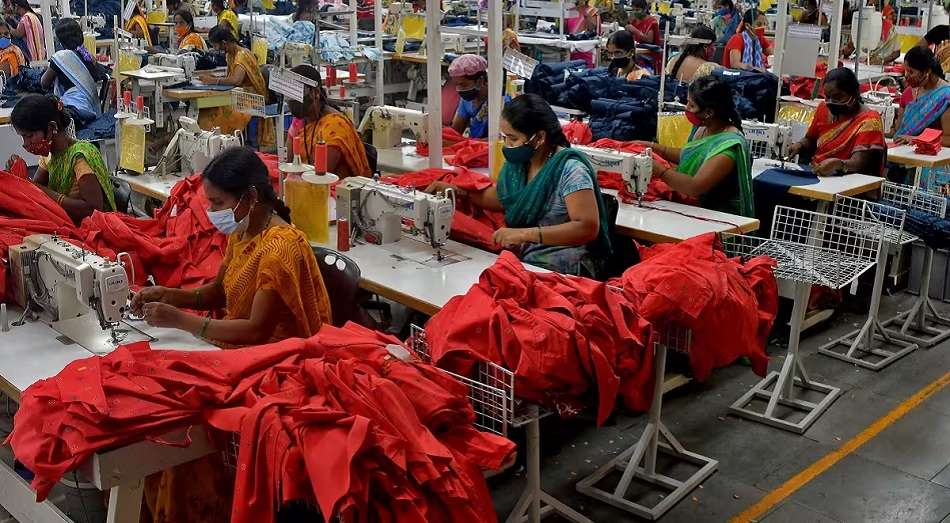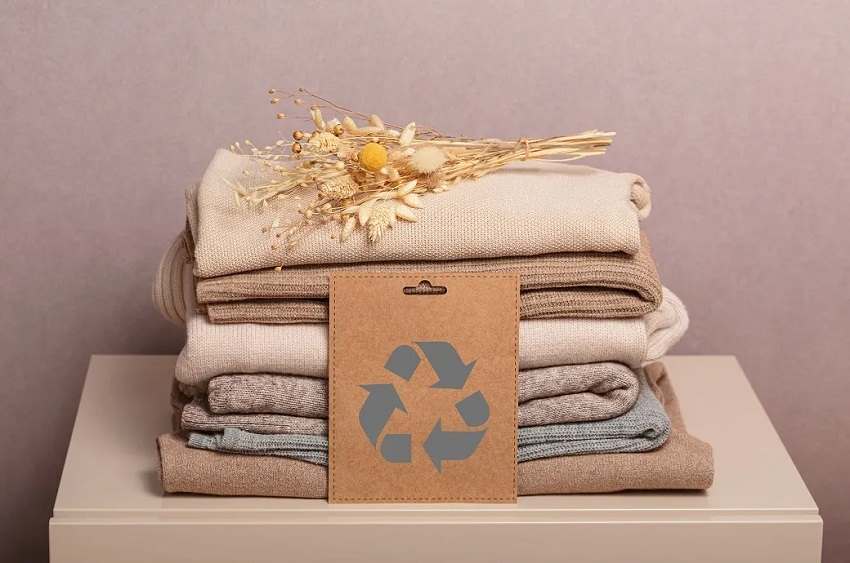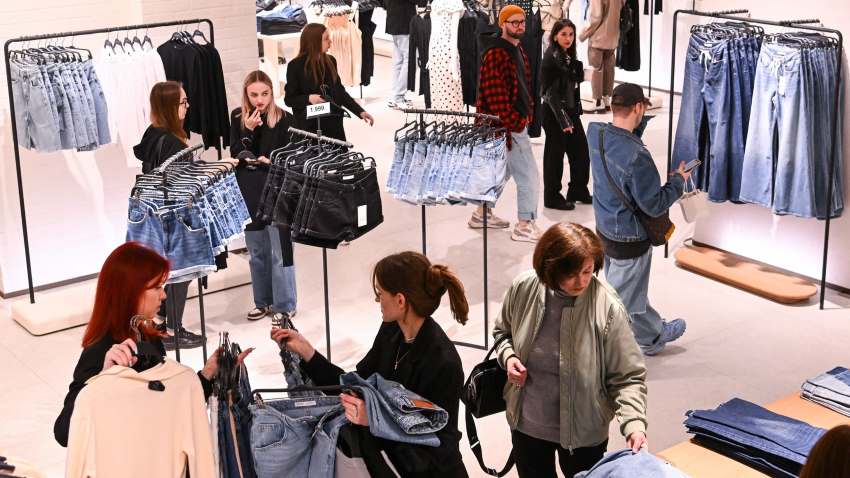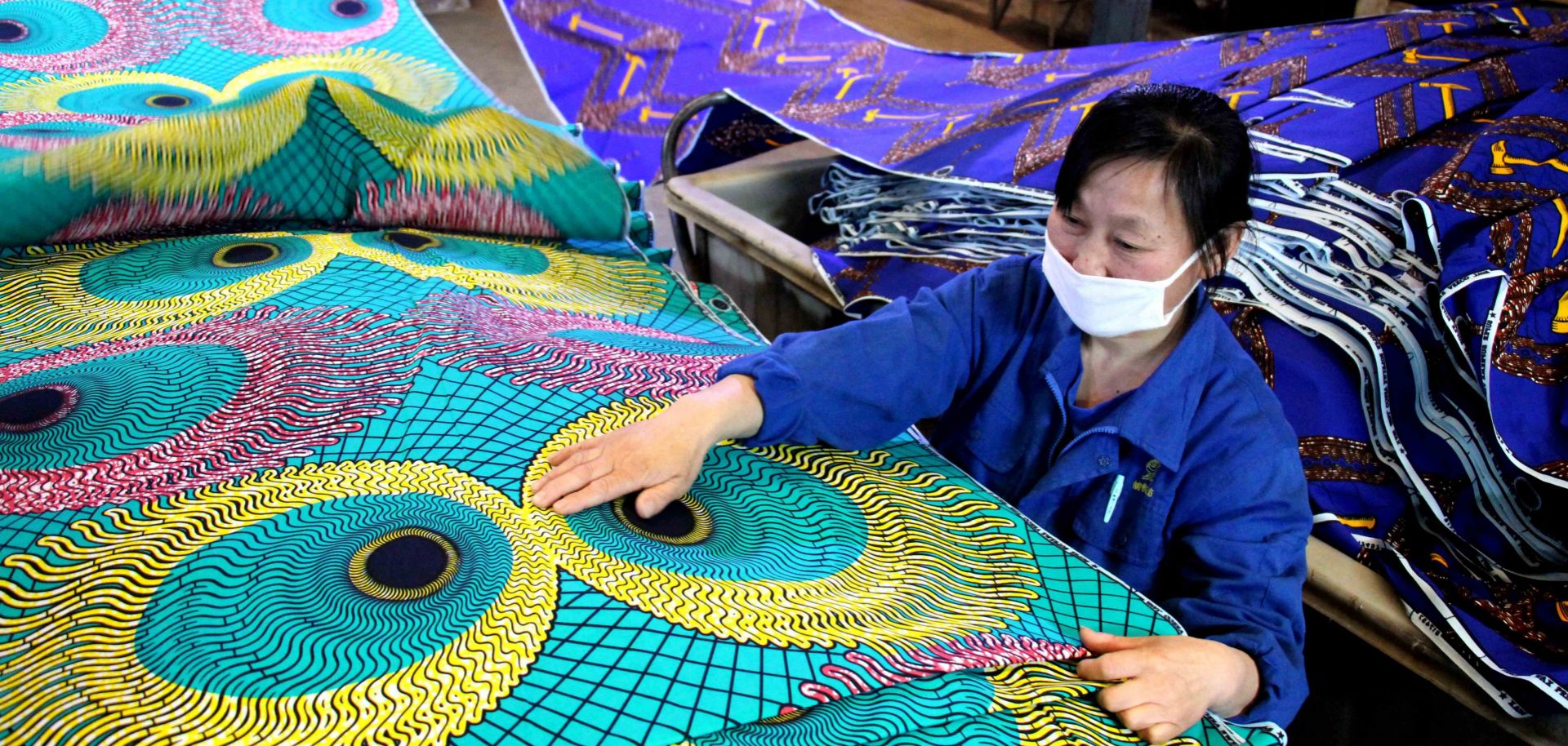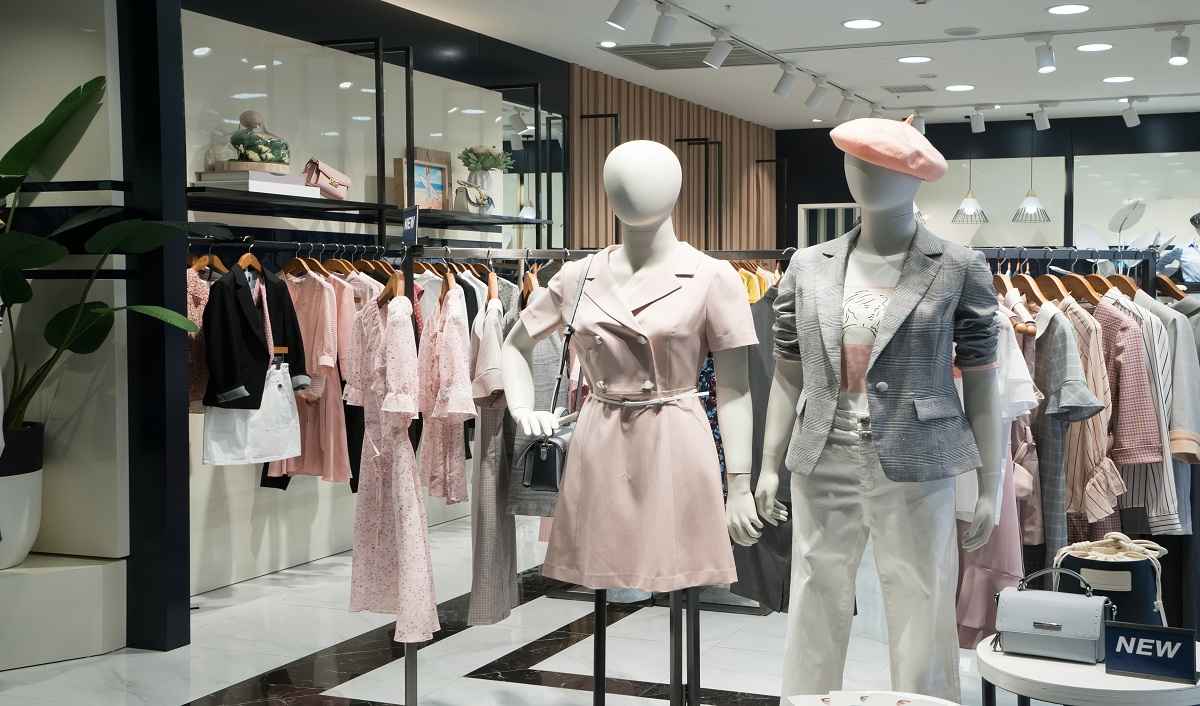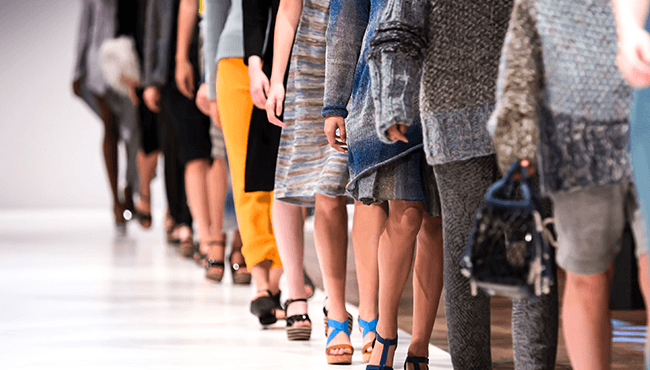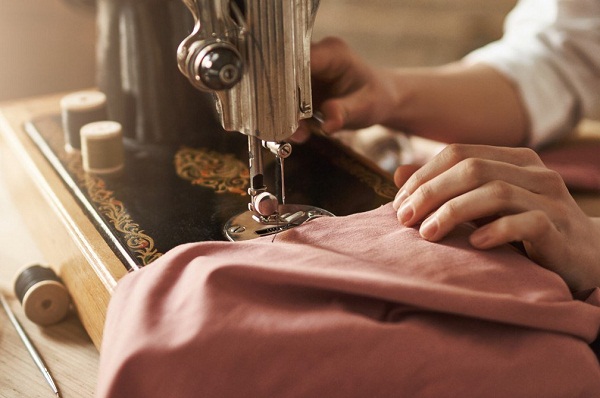
Reputed brands Puma, Nike, Zara, C&A and GAP have not complied to all labor laws, reveals Workers Rights Consortium (WRC). A report by the independent organization overseeing labor rights says, over 400,000 workers in Karnataka, India have been paid less than the state’s legal minimum wage since 2020. The total amount of unpaid wages in the state exceeds £41 million. Each worker earns around £83 a month. Scott Nova, Executive Director, WRC calls this the biggest wage theft ever in the fashion industry. Western brands have failed to ensure due payment to workers despite persistent demands from the consortium, he opines.
Supplier’s defense
Suppliers on the other hand defend their stance stating the Ministry of Labor had issued a decree suspending minimum wage increase shortly after its implementation in April 2020. The Karnataka High Court is yet to give its final decision on the issue, they add. However, the HC has already said the Ministry of Labor’s decree as illegal in September last year and suppliers need to pay the minimum wage, including all arrears to workers, argues WRC
Meanwhile brands Puma, Nike, Zara, C&A and GAP say they are committed to pay legal minimum wage to workers. However, it depends on their suppliers, who also need to comply with the court order. Nike for example expects suppliers to comply with local legal requirements and also the brand’s code of conduct. C&A has directed suppliers comply with the court order and is awaiting a written confirmation from factories. Zara-owner Inditex has introduced a strict code of conduct for suppliers to ensure factories pay legal minimum wages. These wages need to be sufficient to meet the basic needs of workers and their families, Nova adds.
WRC also encourages suppliers to pay variable dearest allowance, the local equivalent to half-yearly salary adjustment granted by the government, adds Nova. In this regards, C&A continuously undertakes a series of initiatives and processes to guarantee respect for its employees and the law at all its stores, distribution centers and other administrative areas. Meanwhile Puma states, despite having limited influence over Karnataka’s suppliers, they are encouraging them to pay due minimum wages.
UK-based sustainable activewear brand Tala plans to utilize the £4.2 million raised in seed funding to invest in boosting activewear inventory, hiring and global expansion.
As per Apparel Resources, the funding round was jointly led by equity firm Active Partners and venture capital company Venrex. Other investors include the likes of Pembroke VCT and Simon Mottram, Founder Rapha (a sportswear brand), amongst many others.
Grace Beverley, CEO and Founder, Tala said the company will use some of the investment to buy deeper into popular styles.
Notably, Tala, which makes clothes in Vietnam, China, Turkey and Portugal, lists down every factory it uses on its website. It offers high-performance and sustainable activewear, including leggings, shorts, sports bras, tops, hoodies, tracksuits, outerwear and underwear.
The National Council of Textile Organizations (NCTO) has welcomed the House passage of the America Competes Act, a legislative package that will help close the de minimis loophole on duty-free imports from China and also renew the Miscellaneous Tariff Bill (MTB), both important provisions to U.S. textile manufacturers.
According to Kim Glas, President and CEO, NCTO, the legislation contains a provision that would effectively prohibit China from exploiting the Section 321 de minimis mechanism in US trade law, a win for US textile producers and workers.
The Import Security Fairness Act allows imports valued under $800 to come into the United States without paying duties and taxes, bypassing inspections by U.S. Customs and providing a backdoor to Chinese goods produced with forced labor. The loophole has not only fueled the rise of imports from foreign e-commerce companies and mass distributors, but it has also put our domestic manufacturers and workers at a competitive disadvantage.”
Another important provision in the legislation renews the MTB for two years, which would extend limited tariff relief on a range of manufacturing inputs used by US textile producers.
As per a new report by IndexBox, cotton prices in India are expected to rise by 5 per cent in 2022 on account of strong global demand and limited supply.
In 2021, the average cotton price surged by 41 per cent Y-o-Y to $2.23 per kg. Despite the global cotton production rebounded after a 2020's drop last year, reaching the pre-pandemic level of 26.3M tonne, growing demand outstrips supply.
In H1 2022, cotton prices are projected to increase, as global production at the beginning of the year is lower than in the previous months due to smaller crops in India and the U.S. This year, the average annual cotton price is expected to pick up by 5 per cent Y-o-Yto approximately. to $2.34 per kg. Instigated by boosting demand and high domestic cotton prices, China is forecast to ramp up imports sharply, also stimulating the price rally.
According to China National Intellectual Property Administration (CNIPA), the application for patents of all kinds by the Chinese sewing machinery industry increased by 19.79 per cent to 8,775 in 202.
Of all these applications, patent for invention formed 25.29 per cent (2,219), new practical patent shares 62.94 per cent (5,523) and patent for appearance design (including textile equipment) contributes 11.77 per cent (1,033).
These figures indicate that the overall scientific research and innovation capacities in the Chinese sewing machinery sector and the growth in the quantity and quality of invention patents over the years.
The data also shows that the sewing sector has seized the opportunities created by a new round of technological revolution and industrial transformation, built robust strength of independent research and development and laid a solid foundation for constructing a sector proficient at innovation.
Spanish retailer Mango aims to generate a revenue of €1 billion by the end of this fiscal year. As per an Apparel Resources report, the retailer also plans to expand its brick-and-mortar store network in the current fiscal year. In 2021, Mango launched 221 new stores, taking its overall store count to 2,447. Its latest store was launched at Manhattan-based Fifth Avenue. It also launched the sustainable fashion brand Alter Made that offered the best of durable and timeless high-quality pieces with sustainable characteristics.
Known mainly for women’s wear, menswear and kidswear, Mango has over 16,000 stores across the globe. The brand was founded in 1984 with first website launched in 1995. In 2000, the brand opened its first online store. Its men’s line H. E. by Mango was created in 2008. It was renamed as Mango Man in 2014. Mango also launched a range for teenagers, Mango Teen, via a pop-up shop in Barcelona in September 2020. In 2021, Mango launched a new Mediterranean-inspired store concept to meet higher sustainable standards.
Denim brand Soorty has teamed up with Lenzing to launch Reload in Blue, a collection of elevated loungewear styles that make soft denim suitable for home wear. As per a Sourcing Journal report, the collection offers Zoom-appropriate athleisure sets and sleepwear alternatives made of denim. It combines the companies’ commitment to limiting their environmental footprint. It includes Lenzing’s environmentally responsible and biodegradable fibers as well as the LEED-certified production methods of Soorty’s vertically integrated infrastructure.
Fabrics in the collection are made with Tencel Lyocell, a certified fiber produced from sustainably sourced wood using closed loop and environmentally responsible processes. Lenzing provides physical identification for every Tencel branded fiber with its fiber identification technology, assuring brands and consumers that the raw materials it uses originate from responsible resources.
Designed in New York and produced in Karachi, Pakistan, the collection is now available for view at Soorty’s newly opened SpaceD showroom in New York’s Flatiron District. The space serves as a meeting location for brands and sustainably minded individuals to connect and accelerate progress towards a sustainable denim sector.
Hanesbrands has raised its revenue targets for 2024. The company expects to surpass the $8 billion revenue mark by this year, from prior goal of $7.4 billion. It expects sales at Champion brand to reach $3.4 billion for the same time period. In addition, it expects to have a cumulative three-year free cash flow of about $1.6 billion by 2024.
Hanesbrands’ revenues from activewear segment continue to increase year-over-year despite the pandemic. As per a Woman’s Wear Daily report, its total activewear sales increased 11.4 percent, or $46 million, during the quarter, year-over-year. For the full year, activewear sales rose nearly 42 per cent to nearly $1.7 billion. The firm logged more than $60 million for the quarter, or $77 million for the year. Hanesbrands’ global sales of innerwear remained roughly flat in the last three months but continued to be dominated on the strength if men’s, women’s and children’s divisions, as well as socks. Its, overall innerwear sales fell in 2021, compared with prior year, on account of HanesBrands’ decision to exit the PPE category early last year.
Steve Bratspies, CEO says, the company is implementing a three-year, $600 million stock repurchase program based on its confidence in future growth. It also plans to sell its US Sheer Hosiery business for an undisclosed amount. The transaction is part of the group’s continued efforts to focus on areas of the business with the greatest growth potential.
Muhammad Ayub, President, Bangladesh Cotton Association says, stakeholders in the Bangladesh’s garment industry and the concerned ministries need to take various steps to clear current container backlog and ship congestion. They need to consider roads and railways as means of import alongside the shipping routes. Stakeholders also need to make efforts to ensure supply of cotton through diplomatic contacts and trade cooperation agreements with various cotton producing countries, says Ayub. They need to focus on global cotton production, use, etc by forming a high-powered committee of Bangladesh Cotton Association, Bangladesh Textile Mills Association, Bangladesh Garment Manufacturers and Exporters Association, Bangladesh Knitwear Manufacturers and Exporters Association and the ministries of textiles, commerce, agriculture and foreign affairs, he adds.
Currently, Bangladesh imports cotton from different West African countries besides Australia, Brazil and the United States. According to the data provided by the International Cotton Advisory Committee, global cotton production increased 9 per cent in 2020-21, while its consumption increased by 20 per cent. Moreover, freight rate increased 3-4 times when international trade reopened after almost coming to a halt due to the COVID-19 pandemic. All these factors contributed to the increase in cotton price in the international market.
The real turnover of Germany’s textile and clothing retailers increased by 0.7 per cent in 2021 while their nominal turnover increased 2,9 per cent., show provisional results of the Federal Statistical Office (Destatis). Retail turnover of textiles, clothing, footwear and leather products, declined during the year as compared to 2020. In December 2021, real turnover of Germany’s retailers declined 5.5 per cent while the nominal turnover declined by 4.9 per cent over the November figure after calendar and seasonal adjustment.
The first provisional results reported are thus within the estimated intervals, said Destatis.
- 1
- 2
- 3
- 4
- 5
- 6
- 7
- 8
- 9
- 10
US Cotton: Shifting dynamics amidst reciprocal tariffs and quality advantages
The US has long held a dominant position in the global cotton market, thanks to its reputation for producing high-quality... Read more
India’s textile and apparel industry sees mixed fortunes in FY25: Wazir Indices
India’s textile and apparel sector showed mixed results in FY25, with growth momentum visible in sales but profit metrics showing... Read more
UK charts course for circular fashion leadership with new CFIN roadmap
A new landmark report released by the Circular Fashion Innovation Network (CFIN) outlines major strides and a comprehensive roadmap for... Read more
The Unseen Cost of Fashion Returns: Undermining sustainability efforts
Fashion brands are increasingly vocal about their commitment to sustainability, proudly unveiling initiatives centered on recycled polyester, reduced water consumption... Read more
China's Luxury Crossroads: Consolidation or retreat for global giants?
For years, China has been the undisputed El Dorado for global fashion and luxury brands. A growing middle class, with... Read more
Fashion for Good and Arvind unveil Future Forward Factories in India to cut text…
Fashion for Good and Arvind Limited have launched the Future Forward Factories India initiative, a major push to reshape the... Read more
The Scope 3 Challenge: Unpacking the elephant in the emissions room
In the escalating global focus on combating climate change, businesses are under pressure to account for their carbon footprint. While... Read more
Right Size, Right Impact: Personalized fit weaving a sustainable future for fash…
With growing environmental consciousness, the fashion industry, long criticized for its detrimental impact, is looking for new and innovative ways... Read more
From Runway to Retail Shelf: Why fashion needs a dose of FMCG discipline
The fashion industry, often lauded for its artistry and emotional appeal, stands at an intriguing crossroads. While it captivates with... Read more
Global Sourcing Expo spotlights Australia's sustainable fashion growth amid supp…
Australia's demand for sustainable fashion is reaching new heights, driven by increasing consumer awareness and a rising wave of conscious... Read more


